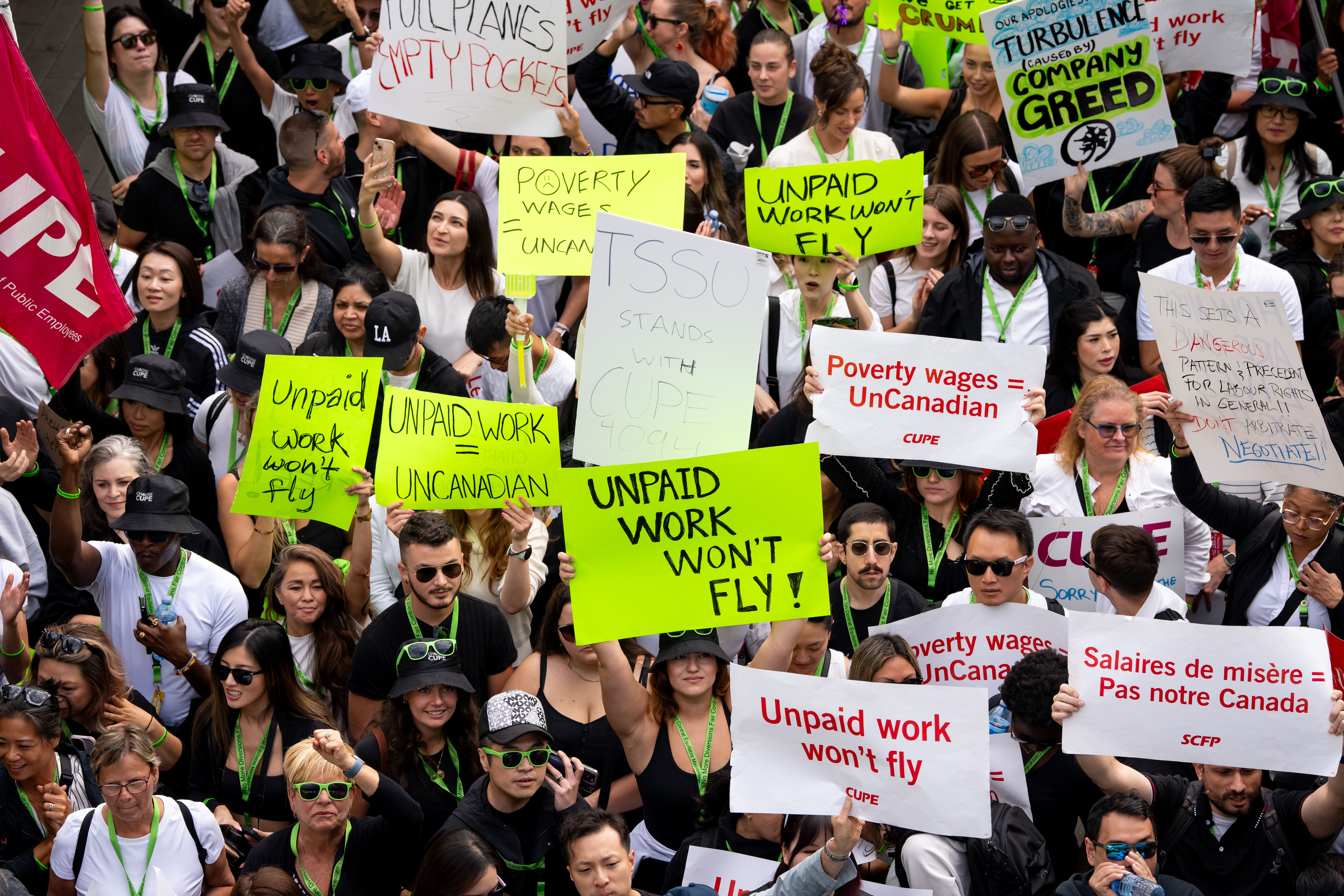Employment & Labour
Our publications are available to all at no cost. Please support the CCPA and help make important research and ideas available to everyone. Make a donation today.
-

As Manitoba Hydro moves on energy strategy, staffing must remain in focus
Over the last year the Provincial Government and Manitoba Hydro have announced several projects that follow through on the province’s Affordable Energy Strategy, including Bipoles…
-

Adult Education Key to Northern Economic Development
Large development projects are coming soon to northern Manitoba. Education—some now underway; some the missing piece so far—will be crucial in determining who benefits.
-

Lifting the Bottom, Building a Fair Economy for All Workers in Nova Scotia
The Nova Scotia government has announced that employers will have to pay minimum wage workers 50 cents more per hour in 2026, with a 25-cent…
-

The Foundations of Decent Work: An Evaluation of Nova Scotia Labour Standards
Halifax/Kjipuktuk— The Canadian Centre for Policy Alternatives-Nova Scotia released ‘The Foundations of Decent Work: An Evaluation of Nova Scotia Labour Standards.’ This report assesses the…
-

A brief history of Canadian government strikebreaking
“You didn’t make any provisions before?” BNN Bloomberg host Andrew Bell asked Air Canada CEO Michael Rousseau, sounding somewhat dumbfounded. “To ensure the passengers, or…
-

Still struggling: Racialized workers in the post-pandemic labour market
Racialized workers in Canada faced extra challenges during the pandemic. The recovery has been equally difficult.
-

Hollowed out: Ontario public hospitals and the rise of private staffing agencies
Ontario’s hospitals are being privatized through the costly use of for-profit staffing agencies
-

Building better
Community benefits agreements are a creative and effective way to build a better construction workforce
-

The big threat to Manitoba healthcare is still recruitment and retention, not expenditures
Manitoba’s government was elected in October 2023 with a strong mandate to ‘fix healthcare’. Central to this commitment is resetting the relationship with Manitoba’s healthcare…
-

Submission to the Industrial Inquiry Commission on the dispute between Canada Post and the Canadian Union of Postal Workers from the Canadian Centre for Policy Alternatives-Nova Scotia
This submission provides an overview of the pertinent social and economic factors that the Industrial Inquiry Commission must consider as it develops recommendations concerning the…
-

Cost of living—especially for housing—fuels affordability crisis and Metro Vancouver’s increasing living wage
VANCOUVER — A sharp increase in the region’s cost of living—primarily due to soaring housing costs and highlighting the region’s affordability crisis—has led Metro Vancouver’s living…
-

Working for a Living Wage
The 2024 living wage for Metro Vancouver is $27.05 per hour. This is the hourly rate that each of two parents working full-time must earn…
Updates from the CCPA
Read the latest research, analysis and commentary on issues that matter to you.
CCPA Updates